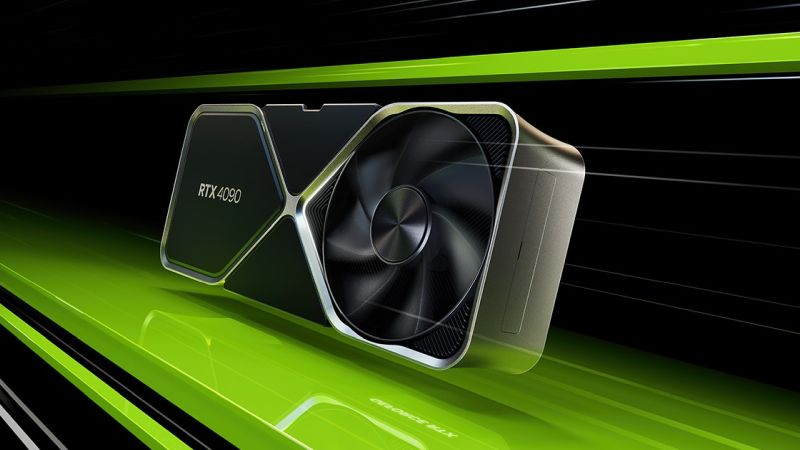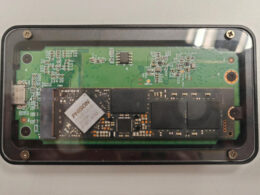Last year, the GeForce RTX 4090 video card gained immense popularity in China, as a component for homemade computing accelerators. This led to US sanctions on these products. Insider sources claim that the popularity of these makeshift accelerators only grew in December, presenting a viable temporary solution for local developers.
Conversion of NVIDIA Video Cards into Accelerators
According to the Financial Times, numerous Chinese companies continue to convert NVIDIA’s gaming video cards into makeshift computation accelerators. These units are utilized for training large language models. They might not have the efficiency of NVIDIA’s officially produced units, but these have been banned in China since October. Its sanction-adapted variants H20, L20, and L2 won’t be available earlier than March.
Chinese customers are skeptical of these “official” computation accelerators due to their significantly reduced performance and high pricing. However, their “gaming alternatives” also present a flaw — they lack support for high-speed network interfaces needed for forming computational clusters in the server infrastructure of AI systems.
Chinese Demand for Makeshift Accelerators
Financial Times reports that in December, one of the Chinese firms specializing in such conversions increased their production volume by more than fourfold compared to November. They show no signs of slowing down, despite new US restrictions against China implemented in October. The primary consumers of these homemade accelerators are either government organizations or small AI system developers that failed to stock up on full-fledged NVIDIA accelerators before the sanctions took effect. Thousands of NVIDIA gaming video cards undergo this transformation every month.
Evaluation of GeForce RTX 4090D
The GeForce RTX 4090D, a gaming video card made available on the Chinese market after the ban on the full-fledged GeForce RTX 4090, exhibits a performance deficit of more than 5%. Therefore, makeshift accelerator manufacturers are still assessing this new product. Until worthy domestic alternatives to the imported NVIDIA accelerators are developed, local developers are ready to settle for these compromise solutions.
NVIDIA’s Response
NVIDIA commented on the Financial Times’ publication: “Dismantling gaming video cards isn’t a viable method for creating data processing centers for artificial intelligence work, as (gaming products) were designed, manufactured, and released in the market for individual gaming enthusiasts and consumers.”





